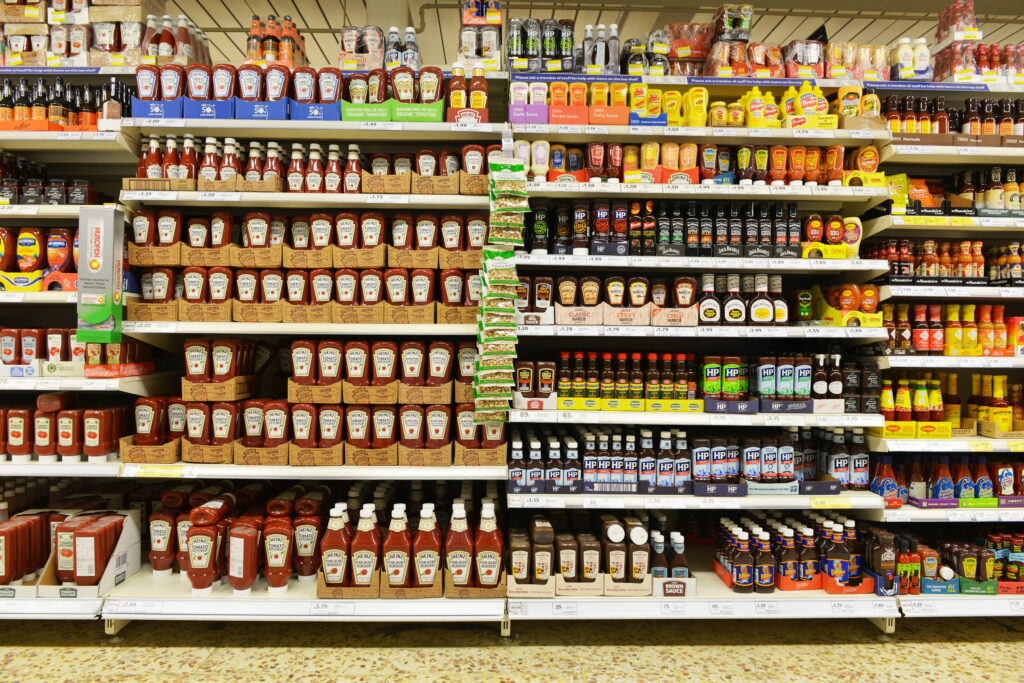- more types of waste defined as hazardous
- greater controls on the management and disposal of hazardous waste
- more emphasis on producer responsibility.
An immediate priority for waste managers are the Landfill Regulations, now in force in England and Wales. Since July 2002, some specific wastes have been banned from landfills outright:
- hazardous liquid waste
- waste which, in the conditions of landfill is explosive, corrosive, oxidising or flammable (specific definitions of these adjectives are given in the regulations)
- infectious clinical waste.
These wastes will have to be treated prior to landfilling, or incinerated, or an alternative option will have to be used.
July 2002 was also the deadline for landfill operators to submit their conditioning plans to the Environment Agency. These plans include stating whether the landfill will be for hazardous, non-hazardous or inert waste. Different targets apply for the different types of landfill:
Non-hazardous waste landfills can only accept non-hazardous waste, from July 2002. Some time between July 2004 and July 2007, a ban will be placed on accepting non-hazardous liquids, and a requirement introduced that all waste will have to be treated.
Hazardous waste landfills can continue to accept both hazardous and non-hazardous wastes until July 2004. After this, they will only be allowed to accept treated hazardous waste (or they can be reclassified as non-hazardous landfills).
Additionally, whole tyres will be banned from landfills from July 2003 and shredded tyres from July 2006.
These rules will severely limit UK landfill availability for hazardous wastes once co-disposal of hazardous and non-hazardous wastes ends, by July 2004. Indications from the Environment Agency are that there will be less than 40 landfill sites accepting hazardous waste (including 'in-house' landfills) in late 2004, compared to the current 218 sites. These 40 sites will have an uneven spread across England and Wales, with only three expected in southern England. The situation may be mitigated to some extent by an allowance to landfill hazardous waste in their own cells in non-hazardous waste landfills, if the hazardous waste is 'stabilised'.
Of course, the devil is in the detail, and the precise definitions of the waste acceptance and treatment criteria (and indeed what constitutes a 'liquid') have only recently been resolved: Council Decision 2003/33/EC can be seen at this site.
The Landfill Regulations, transposing the EU Landfill Directive, are now in force. This is not yet the case for a series of other EU directives affecting hazardous waste. A web of European legislation, based on the Hazardous Waste Directive, European Waste Catalogue (EWC) and Hazardous Waste List, stipulates new policies that should have come into effect in member states at the start of 2002. However, the appropriate UK enacting legislation – the Special Waste Regulations (SWRs) – are not due to be changed to incorporate the EU requirements until late 2003 at the earliest. The process of developing the SWRs into new Hazardous Waste Regulations has been painfully drawn out, and a final consultation with stakeholders, including draft regulations and a Regulatory Impact Assessment is due to be launched by DEFRA later in 2003.
Definition
The complexity of the current situation for hazardous waste is exemplified by the definition of which wastes are being referred to. The SWRs as they currently stand refer to 'Special Waste' and provide a definition of this. The European directives (and also the Landfill Regulations) use the EWC for their definition. The revised SWRs will switch to the latter definition and refer to 'hazardous' rather than 'special' waste. In doing so, an extra 250 categories of hazardous waste will be defined, including some, such as fluorescent tubes or fridges, produced by organisations which have not previously generated special waste. Other provisions that are very likely to be in the new Hazardous Waste Regulations are:
- require all producers of hazardous waste to register with the Environment Agency
- require the Environment Agency to inspect waste producers and waste reception facilities
- require the separation of hazardous waste from non-hazardous waste, where technically and economically feasible
- restrict the definition of 'household' waste to 'domestic' waste only.
The last point is very relevant for schools, charities, rest homes etc all of which currently benefit, as producers of 'household' waste from an exemption from the special waste regime.
Other legislation
Further legislation that will affect hazardous waste includes the following.
The WEEE Directive (Waste Electrical and Electronic Equipment) requires collections of segregated WEEE, and provides mandatory targets for the recovery and recycling of specified types of WEEE and an overall collection target of 4kg of WEEE per household per year. The deadline for establishing the collection and treatment systems is September 2005. The cost of collecting and treating WEEE will be borne by the manufacturers, although local authorities will have a role to play in collecting the material.
These laws will obviously have great implications, not least because the new Hazardous Waste Regulations will classify some of these segregated wastes as hazardous. Similarly, end-of-life vehicles and many of their components, once segregated, will be classified as hazardous. The End of Life Vehicles Directive (2000/53/EC), which all EU member states are late in applying, will require hazardous components to be removed from vehicles, at authorised treatment facilities, before recycling. As with the WEEE Directive, the Department of Trade and Industry is leading the consultation on how the Directive will be implemented in the UK.
The Waste Incineration Directive (2000/76/EC) will tighten control of incinerators including hazardous waste incinerators. The European Commission is consulting on a long discussed directive intended to increase the collection and recycling of waste batteries. The Waste Oils Directive (Council Directive 75/439/EEC on waste oils as amended by Directive 87/101/EEC) is in force, but the UK (amongst other member states) has not fully complied with it. The Commission is said to be minded to insist on full compliance with the Directive, including the requirement to re-refine waste oils. This presents a difficult situation: although the UK is comparatively successful in collecting waste engine oils, these are burnt for energy recovery, and there are no re-refining facilities in the UK.
All of these laws are intended to introduce more control of hazardous waste and to reduce environmental impacts. Although the UK has so far been neither swift nor comprehensive in enacting EU waste legislation, the signs are that we will be forced to improve on this in the future.
If all the legislation is to come in as intended, there will have to be a significant culture change in how we deal with hazardous waste. Hazardous waste management will be substantially more expensive, with limited capacity for its landfill or incineration. However, it also brings opportunities for those involved in treatment and recycling services. The art of the possible is demonstrated through existing schemes such as Community Re>Paint and computer refurbishment and recycling facilities. The next few years will need to see a growth in these and similar services, if the spirit of the legislation is to be achieved.
If the debacle over the ODS Regulations and fridge disposal in the UK has taught us anything it is that dialogue between different stakeholders needs to be improved, so that the UK can react positively to new legislation before it comes into effect. This is one of the central roles of the National Household Hazardous Waste Forum (NHHWF), run by environmental consultants, SWAP. The Forum is a membership organisation of stakeholders in household hazardous waste (HHW), from manufacturers to waste managers. It engages in constructive dialogue with policy makers, and keeps members informed about policy and practice in HHW minimisation and management.
NHHWF events in 2003 include a workshop with DEFRA on the Hazardous Waste Regulations and the launch of the Good Practice Guide to the Collections and Treatment of HHW. Please visit www.nhhwf.org.uk for more details.






Subscribe for free